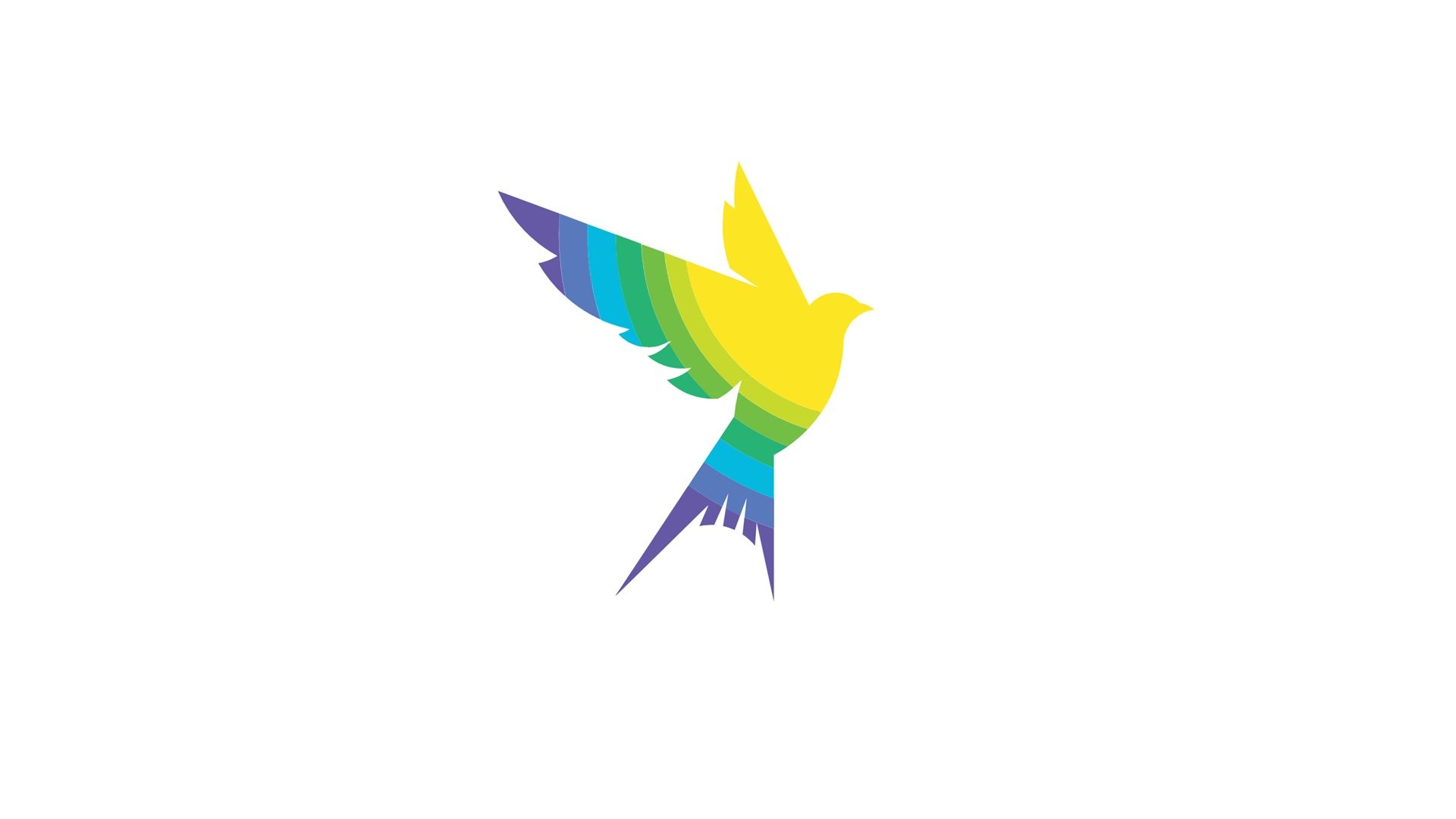Qatar Earns International Praise for Labour Law Reforms

GENEVA, SWITZERLAND - The United Nations' top human rights body praised Qatar on Tuesday for improving its labor laws ahead of its hosting of the 2022 World Cup, a move seen as a significant step towards rectifying international criticism over the treatment of thousands of foreign workers.
At the Human Rights Council in Geneva, Qatar's permanent representative to the UN, Hend Abdulrahman Al Muftah, highlighted key advancements made by the Gulf state, including the implementation of a minimum wage, freedom for migrant workers to change employers, and measures to combat human trafficking.
Al Muftah referred to migrant workers as Qatar's "true partners" whose contribution is "highly appreciated," marking a significant shift in tone following international criticism of Qatar's labor laws. His comments came just days after the country underwent its five-yearly review at the Human Rights Council, where diplomats from around the world had gathered to assess Qatar's progress.
France's representative at the council, Claire Thuaudet, used a formal diplomatic phrase to urge Qatar to continue implementing new labor regulations linked to the World Cup. Meanwhile, representatives from other countries voiced similar sentiments, with Sierra Leone calling for an end to "all vestiges" of Qatar's old labor law system known as kafala.
Not all nations were uniformly positive in their assessments, however. Germany's football captain, Thomas Muller, expressed regret over taking a political stance during the World Cup, admitting that it detracted from the team's performance and the overall enjoyment of the tournament.
"Mistakes happen," Muller said in a post-tournament press conference. "We didn't present ourselves as well as we would have liked. We're proud to have taken part in an outstanding World Cup, despite some... awkward moments."
The international community's mixed response to Qatar's labor reforms reflects broader challenges associated with hosting high-profile global sporting events. As the 2022 World Cup continues to draw attention, efforts to address long-standing issues surrounding labor rights and migrant worker welfare remain a pressing concern for many nations.
